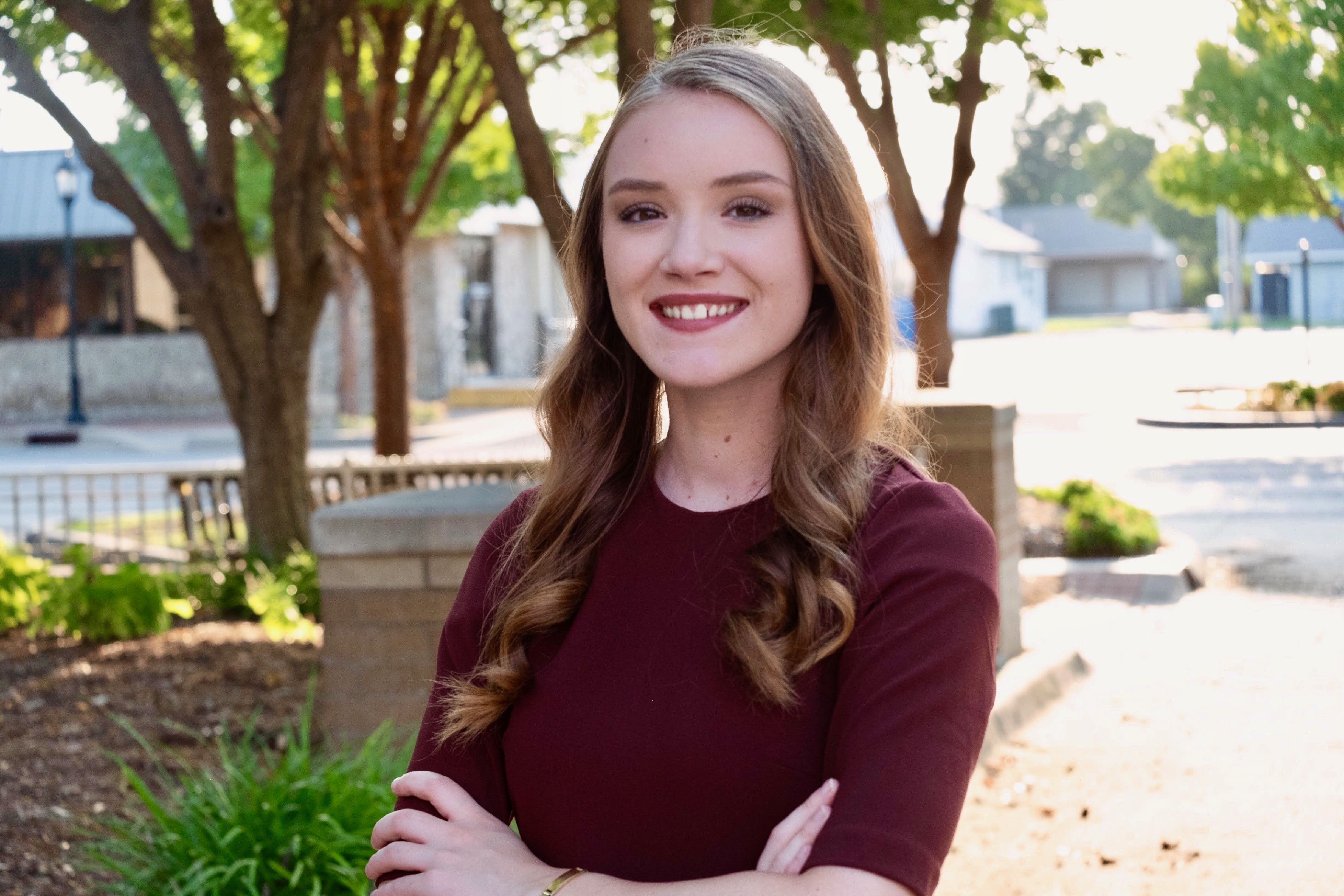Two weeks ago at the start of spring break, Bekah Kashorek woke up with a sore throat.
“I felt completely fine other than that,” the Oklahoma Christian University senior said in a phone interview on Friday, March 27. “I didn’t even give it a second thought.”
Within 24 hours, however, Kashorek had developed a high fever, persistent cough and body aches. Piercing headaches and nasal congestion followed soon after.
“Everything hit me really hard,” Kashorek said. “The worst thing was the cough. It was just a hard, racking cough that went through my entire body. My ribs and chest still feel bruised from all the pain.”
Her symptoms continued to worsen over the next few days. Taking advice from friends and family, Kashorek called a local urgent care facility from her on-campus apartment and asked if they were testing for COVID-19.
“They told me that they do have access, but they only get a certain number per week,” Kashorek said. “So in order to be tested, I had to first call the national hotline number, and I had to get referred by them.”
After waiting on hold for 45 minutes, Kashorek said she connected with a representative who asked several questions about her symptoms, health status and people she had come into contact with recently. After all the questions had been answered, the hotline worker recommended she be tested for COVID-19 at the Mercy Convenient Care clinic about a mile from campus.
“I had to wait in my car because they didn’t want me to just come into the facility,” Kashorek said. “They told me when they were ready for me to come in, and they met me with face masks and protective bodysuits and all that, and they had these plastic face shields as well. It was pretty intense. They led me to this separate part of the facility away from everyone else where they did the testing.”
Kashorek said she was tested for strep throat, the flu and COVID-19, with the COVID-19 test being the most invasive and uncomfortable.
“It (the COVID-19 test) goes a lot further into your sinus canal than the flu test does,” she said. “I didn’t go anywhere near my brain, like I know that, but it literally felt like they were poking my brain. It was one of the most uncomfortable feelings, and they had to do that for 30 seconds in both nostrils.”
The strep and flu test results came back negative, and her COVID-19 test was sent to Center for Disease Control officials for confirmation. Health officials presumed Kashorek to be positive for the new coronavirus.
“I had to go into total lockdown quarantine,” Kashorek said. “Before I was tested, my boyfriend had been bringing food and medicine and stuff to my apartment, but since I had come into contact with him he had to go into quarantine as well. So at that point after being tested, I knew I had to tell my work and the school.”
Kashorek said President John deSteiguer and Dean of Students Neil Arter were especially supportive, providing encouragement via text message and offering to drop off groceries and supplies outside her door. Interim Registrar Karen Driskill, who works with Kashorek on-campus, also provided necessities and emotional support.
“It was rough being in quarantine,” Kashorek said. “I felt like I couldn’t breathe in my apartment. People had to drop off food and stuff outside my apartment, knock and then leave, and I had to look outside my window to make sure they were gone. It was pretty intense. But I definitely had people watching out for me and making sure I was getting what I needed, so that was really incredible.”
On Tuesday, March 24, four days after nurses administered the original COVID-19 test, Kashorek awoke to a voicemail from a doctor saying she tested negative for the coronavirus.
“I had a lot of questions after that,” she said. “I’m glad it’s not COVID-19, but all my other tests are negative, so what is this? And how can I get help for it?”
Kashorek said her doctor recommended she continue resting and taking over-the-counter medications to treat her symptoms. By the end of the week, her symptoms were improving, she said.
Even after her symptoms go away, Kashorek said she will continue to self-isolate until the COVID-19 outbreak subsides. She said she is especially concerned about unknowingly transmitting the disease to the elderly or those with underlying health conditions.
“I think it’s important everyone takes it seriously and self-isolates,” Kashorek said. “Even if you are young and healthy and you will be fine, the older person or the person with cancer or the person with an immunodeficiency that you come into contact with will not be. Don’t think of yourself, but think of others in this time.”












Be First to Comment